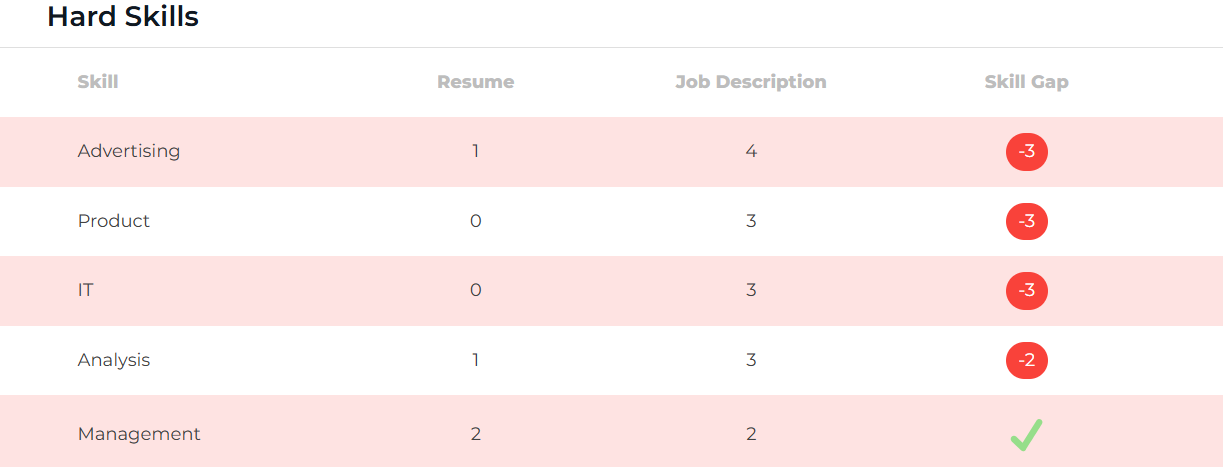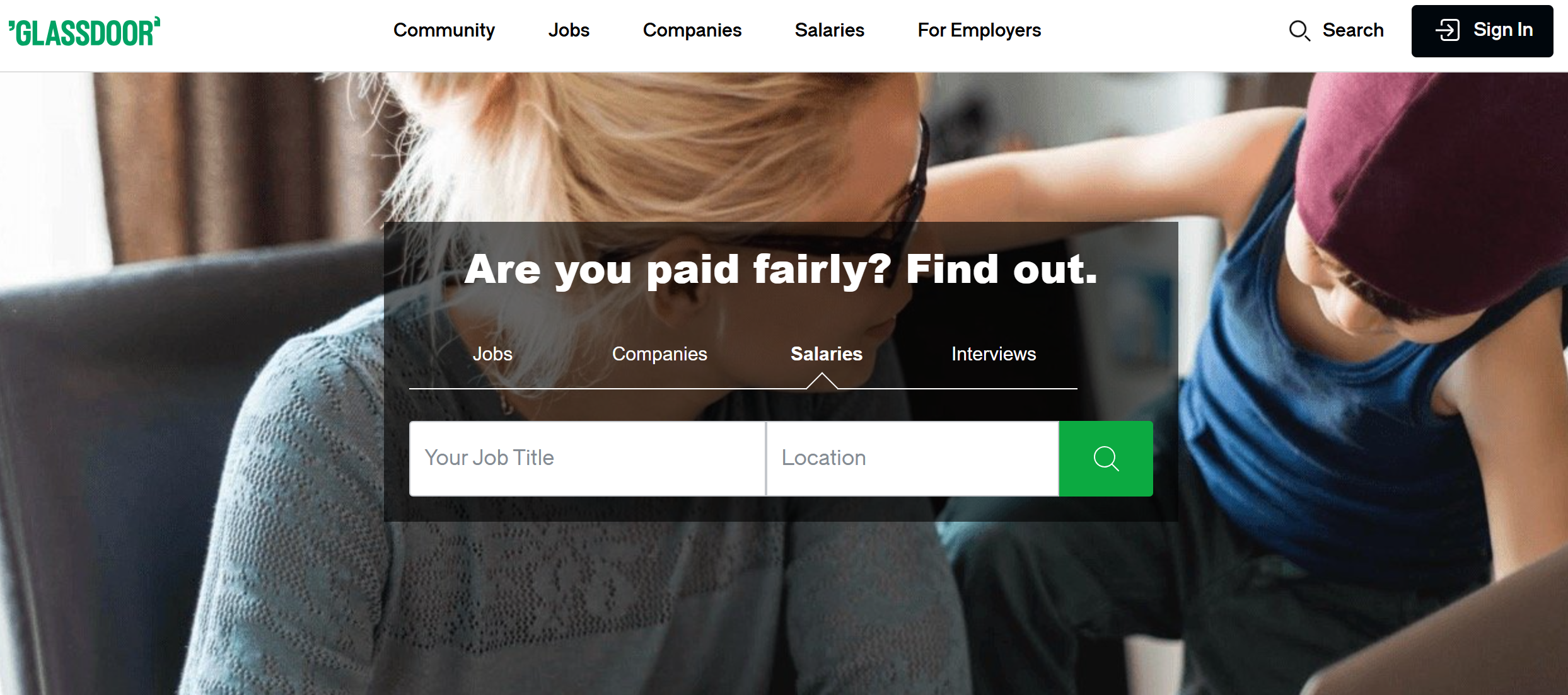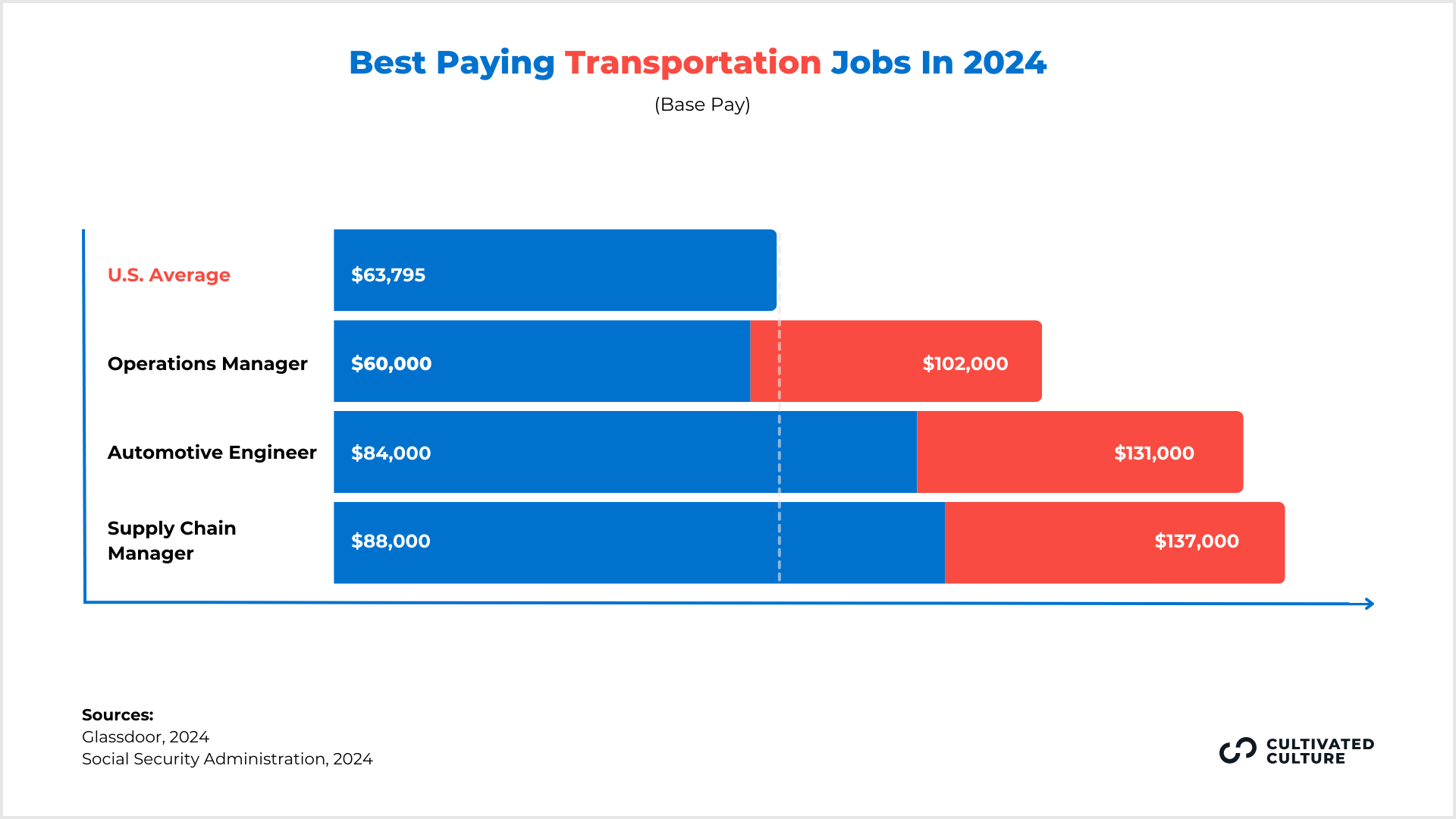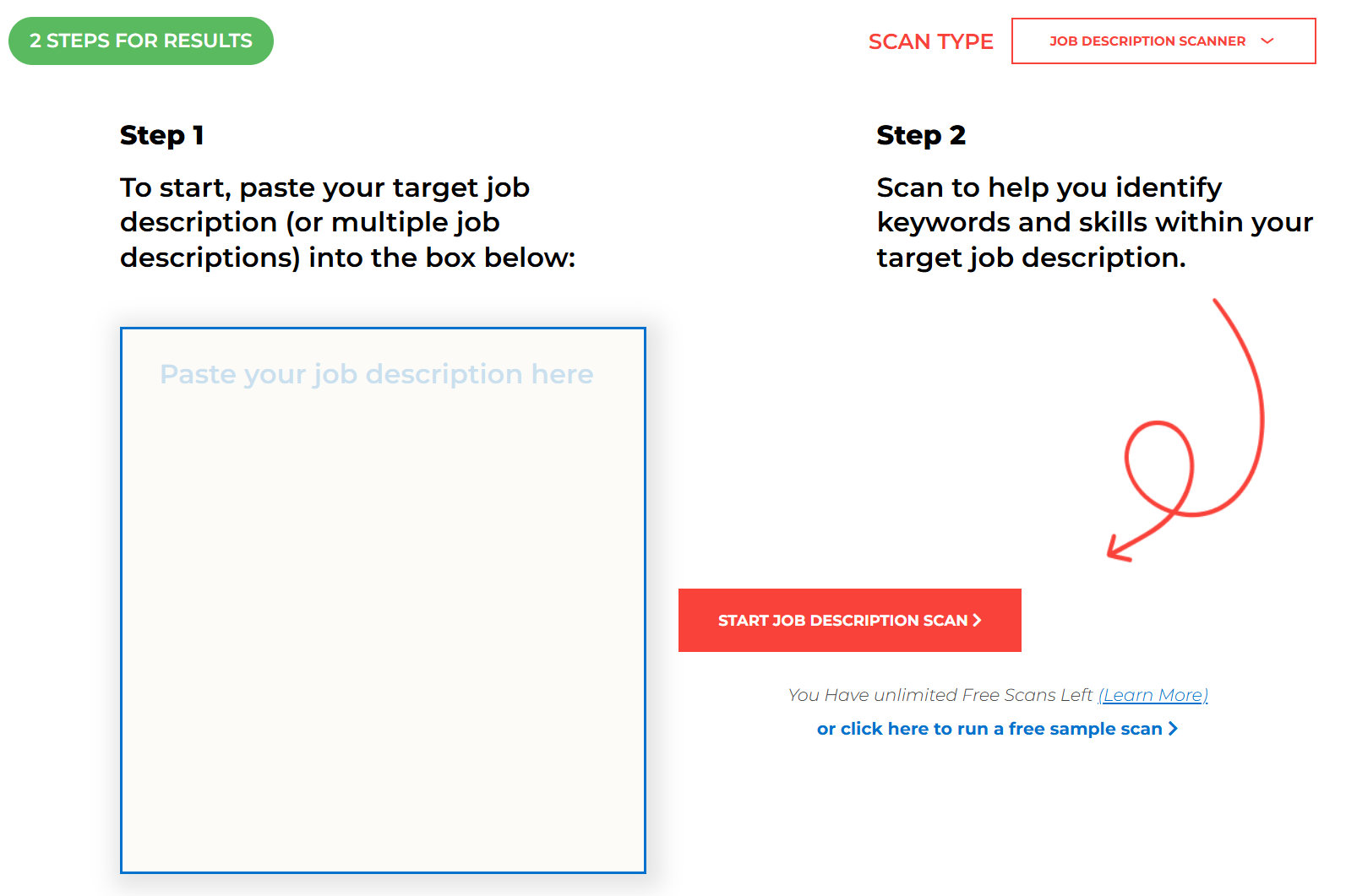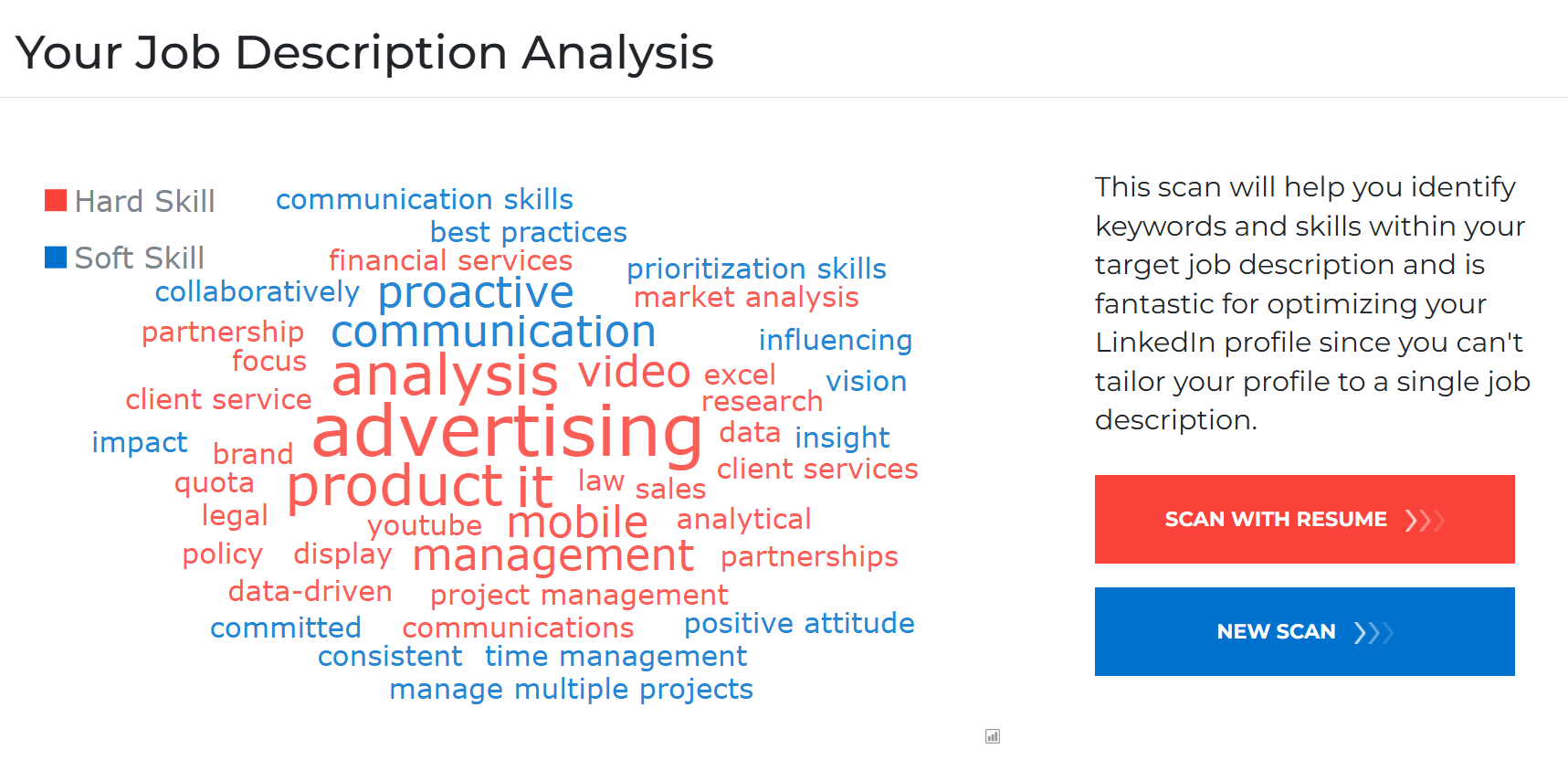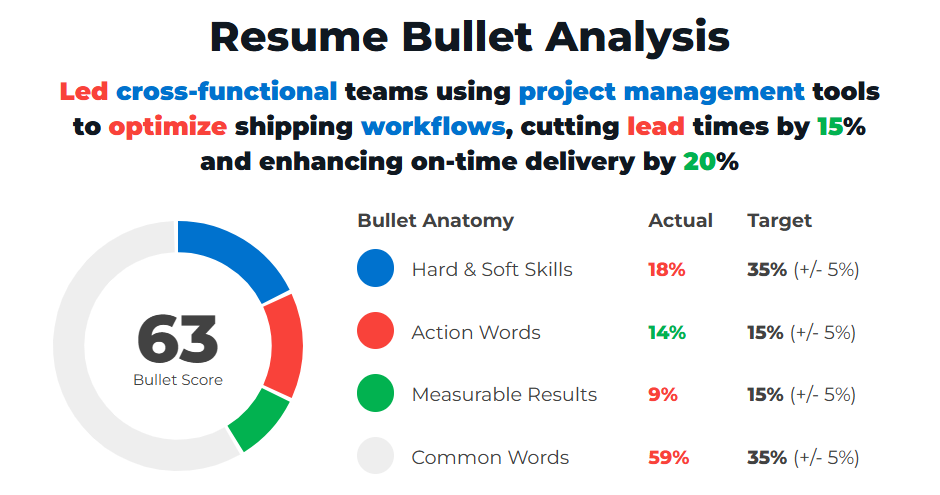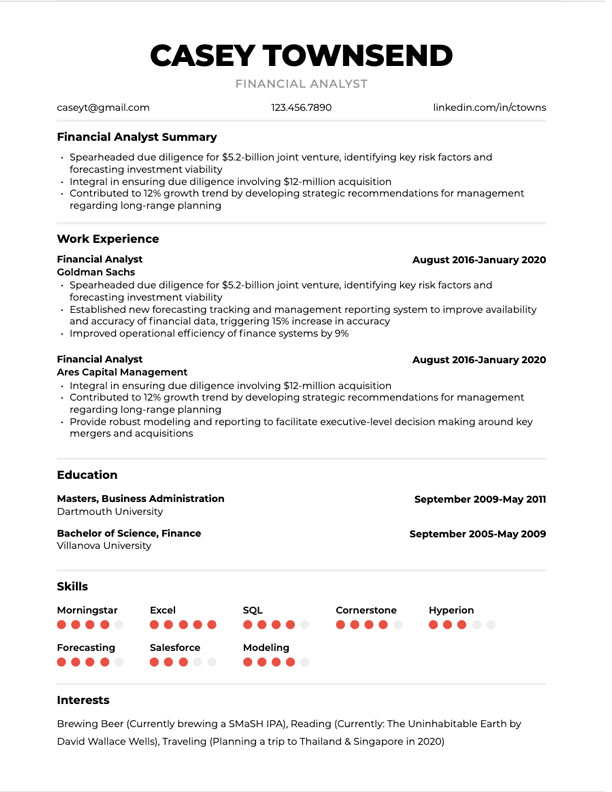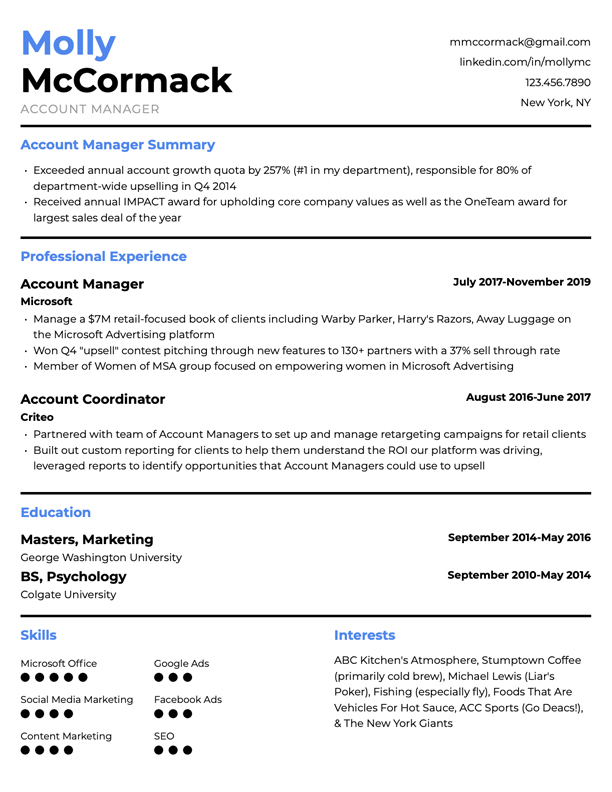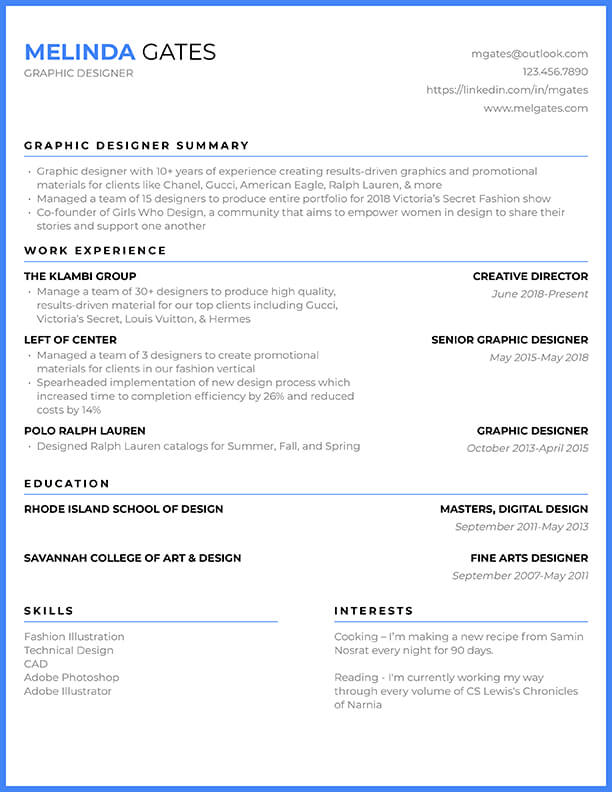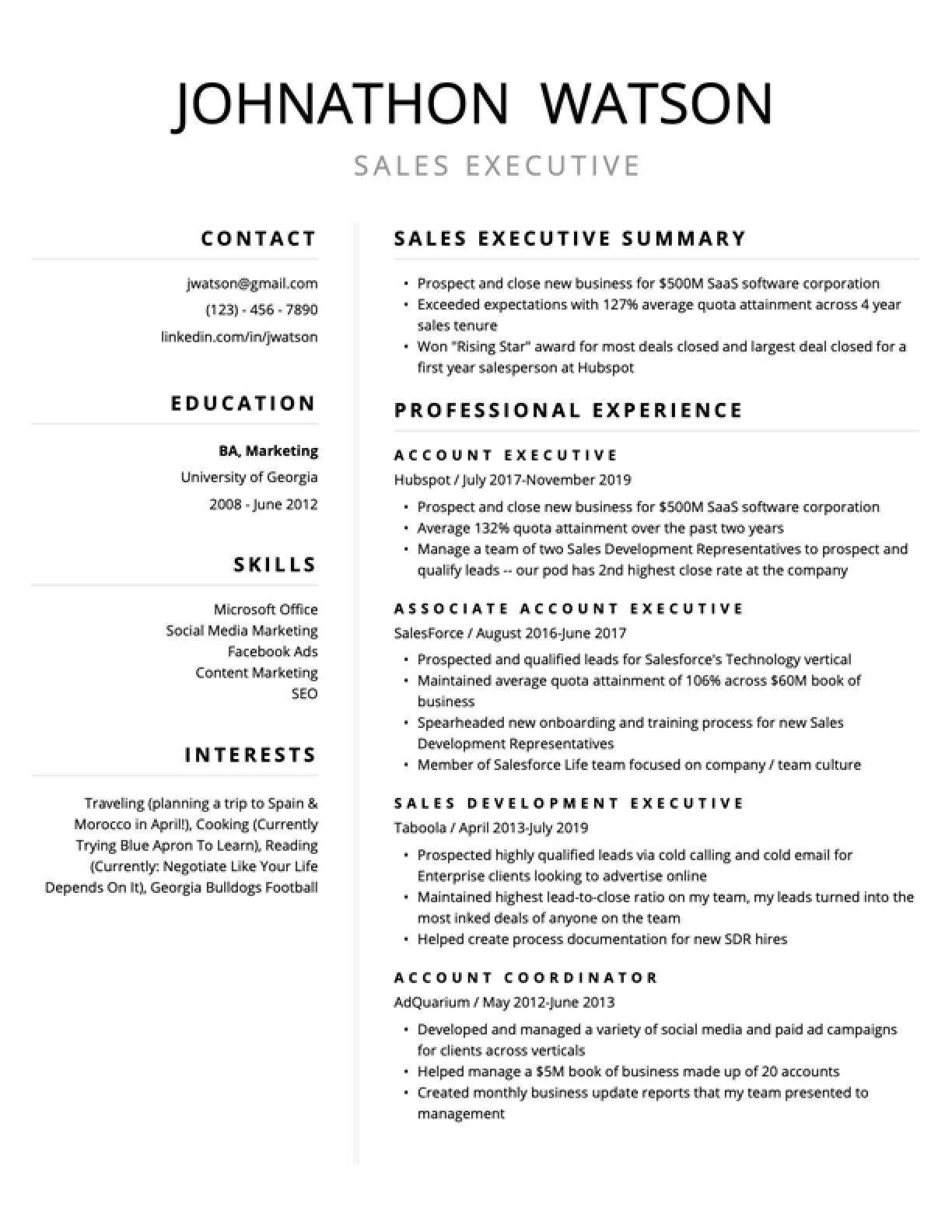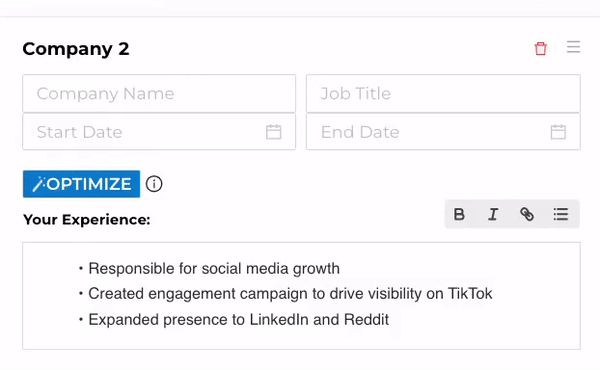If you’ve landed on this article, you probably have tons of questions about working in the transportation industry and are wondering if this is a career path worth pursuing.
Good news – you have come to the right place! Whether you're an entry-level professional or well-established in another industry and looking for a career change, this article is for you!
In this article, we’ll be covering the following topics:
- What Is The Transportation Industry?
- What Companies Are In The Transportation Field?
- What Are The Job Options In Transportation?
- What Are The Skills Needed For Transportation?
- What Do Transportation Jobs Pay?
- Is Transportation A Good Career Path? (Our Verdict)
- How To Build A Job-Winning Transportation Resume
Let's dig in!
What Is The Transportation Industry?
The transportation industry encompasses all activities involved in moving people and goods from one location to another. This includes air, road, rail, and maritime transportation, as well as logistics and supply chain management. Whether it's public transit systems, shipping goods globally, or developing sustainable transportation solutions, the transportation industry plays a key role in the global economy.
Companies in the transportation field focus on making sure that goods and people can travel efficiently, safely, and on time.
What Companies Are In The Transportation Field?
Many companies operate in the transportation industry. Here are some examples from different areas:
- Air Transportation: Companies like Delta Airlines, American Airlines, and Boeing play key roles in air travel and aviation technology.
- Maritime Transport: Companies like Maersk and Hapag-Lloyd specialize in shipping goods via ocean freight.
- Road Transportation: Firms like FedEx, UPS, and DHL lead in logistics and parcel delivery, while companies like Tesla and Freightliner focus on vehicle manufacturing and innovation.
- Rail Transport: Companies like Union Pacific and BNSF Railway manage freight railroads, while Amtrak handles passenger rail services.
These companies contribute to the efficient movement of people and goods, ensuring that global economies can function smoothly.
What Are The Job Options In Transportation?
When looking for jobs in the transportation industry, you can either work in roles within the sector – for example, taking a Finance position at a company that operates in the field – or take a position that directly contributes to logistics, operations, or transportation infrastructure.
In this section, we’ll cover the most common job options in the field.
Jobs In Logistics & Supply Chain
Logistics and supply chain roles focus on ensuring that goods move efficiently through the transportation system. The most common roles in this area are:
- Logistics Coordinator: Manages the movement of goods and ensures timely delivery across the supply chain.
- Supply Chain Manager: Oversees the sourcing, production, and distribution of goods.
- Freight Broker: Acts as an intermediary between shippers and transportation companies to coordinate freight shipments.
Jobs In Operations
Roles in operations ensure that transportation systems run smoothly and efficiently. The most common roles in this area are:
- Operations Manager: Manages day-to-day operations of transportation systems or fleets.
- Transportation Planner: Works with public or private entities to design and implement transportation systems.
- Fleet Manager: Oversees the maintenance and management of a company’s vehicles or vessels.
Jobs In Engineering & Development
Engineering roles in transportation focus on designing and developing infrastructure, vehicles, and other transportation-related systems. The most common roles in this area are:
- Civil Engineer: Designs and oversees the construction of roads, bridges, airports, and railways.
- Automotive Engineer: Focuses on the development of cars, trucks, and electric vehicles.
- Transportation Analyst: Analyzes data to optimize transportation systems and reduce costs.
What Are The Skills Needed For Transportation?
Learning the skills required for each position is very important. You might have to address some skill gaps or you may already have well-developed skills that you can leverage as you seek a new role.
Here are the required skills for the most common roles in the transportation industry:
Entry-Level Roles:
- Analytical Skills: Important for logistics and operations roles, where analyzing data and optimizing systems is key.
- Communication Skills: Essential for coordinating across teams, clients, and partners.
- Problem-Solving: Critical for addressing logistical challenges or transportation delays.
Mid-Senior Manager Roles:
- Leadership: The ability to lead teams across multiple functions in transportation and logistics operations.
- Strategic Thinking: Creating long-term strategies to improve efficiency and sustainability in transportation systems.
- Project Management: Overseeing large infrastructure projects or fleet expansions from start to finish.
Mid-Senior Technical Roles:
- Engineering Expertise: In-depth knowledge of transportation engineering, vehicle design, or logistics technology.
- Data Analysis: The ability to analyze and apply data to improve transportation operations.
- Innovation: A knack for developing new solutions in electric vehicles, autonomous transport, or other forward-thinking technologies.
Finding Your Fit With Transportation Roles
Want to find out if you are the right fit for a role in the transportation industry?
We've got you covered.
Here's a simple, step-by-step guide to find out if you have the skills to take a new position in the transportation industry!
- Head over to LinkedIn and search for transportation industry roles.
- Copy the job description of the role that sparked your interest.
- Head over to ResyMatch.io (or use our shortcut below)
- Grab a copy of your most updated resume.
- Upload your resume on the left side.
- Paste the job description on the right side.
- Hit “Start Resume Scan.”
Boom! ResyMatch will compare and score your resume versus the job description and identify skill gaps.
ResyMatch will also provide best practices you can use to improve your resume and will ensure that your resume is ATS compliant (ATS is a software that recruiters use to track candidates through their hiring process).
Use our shortcut below to get started:
What Do Transportation Jobs Pay?
Now that we’ve covered the most common jobs in the transportation industry, you might be wondering how much these roles pay.
To answer this question, let’s head over to one of our favorite tools for salary research: Glassdoor.
Glassdoor is one of the world’s top job and recruiting websites where users can anonymously provide information about their companies – including their current salary. Glassdoor provides an average salary range for various roles based on the information sent by its users.
According to Glassdoor, the base salary for the most common transportation industry jobs in 2026 are:
- Logistics Coordinator: $545K – $67K / year base pay (USD)
- Supply Chain Manager: $88K – $137K / year base pay (USD)
- Fleet Manager: $58K – $95K / year base pay (USD)
- Operations Manager: $60K – $102K / year base pay (USD)
- Fleet Manager: $49K – $82K / year base pay (USD)
- Civil Engineer: $71K – $106K / year base pay (USD)
- Automotive Engineer: $84K – $131K / year base pay (USD)
- Transportation Analyst: $60K – $94K / year base pay (USD)
Best Paying Jobs In Transportation Compared To The Average U.S. Salary In 2026
Now, let's check what that looks like compared to the average U.S. salary.
According to the Social Security Administration, the average salary in the U.S. is $63,795.
This is what the best-paying jobs in the transportation industry look like when we put them in perspective:
Operation Manager, Automotive Engineer, and Supply Chain Manager are among the highest-paying roles in the transportation industry, with an earning potential of up to 114% higher than the U.S. average.
Now that we've covered the important basics of the transportation industry, we can finally answer the biggest question many job seekers have when considering a new industry:
Is Transportation A Good Career Path? (Our Verdict)
The transportation industry is a good career path for people who have an interest in logistics, engineering, and infrastructure.
Transportation roles are essential for keeping economies moving and ensuring that people and goods can reach their destinations. Companies like FedEx, Tesla, and Boeing are leaders in the field.
If you feel like this might be the career path for you, then be sure to dive into the next section where we will cover the best strategies to help you land a job in the field:
How To Build A Job-Winning Transportation Resume
Here's a fact most people don't usually realize: you don't need traditional experience to take on a new role.
You can leverage your unique background, experiences, and skills for nearly any position, as long as you sell them.
Think about your resume as an advertisement for yourself. Like any ad, you want it to be compelling and visually attractive, right?
You will start by:
1. Leveraging The Best Keywords For Your Target Role
Remember ResyMatch.io, that resume and job description scanner tool we mentioned earlier in this article?
We first showed you how you can scan and compare your resume with your target job description to find out how your skills match the role.
However, if you don't have a resume yet, you can still get great insight from this tool by running a job description scan.
Here's how: head over to ResyMatch.io and, in “Scan Type,” select “Job Description Scanner.” Then, copy the job description for your target role and paste it into the box on the left.
ResyMatch.io will provide a list of hard and soft skills that apply to the role. You can use these skills as keywords when building your resume.
Skim through the list to get ideas for keywords you can leverage on your resume.
For example, let's say you are an innovative and analytical individual. Are there any previous experiences, personal projects, or even academic achievements that you can showcase in your resume to highlight these skills?
If yes, then make sure to include those on your resume and then move on to the next step:
2. Writing Compelling Resume Bullets
This is where you'll start crafting a resume that sells!
You'll want your resume bullets to have just the right amount of hard and soft skills, action words, measurable results, and common words.
This means a compelling transportation industry resume bullet for someone applying for a Logistics Coordinator role might look something like this:
Led cross-functional teams using project management tools to optimize shipping workflows, cutting lead times by 15% and enhancing on-time delivery by 20%
This bullet focuses on specific hard and soft skills that apply to a Logistics Coordinator, while also showcasing measurable results!
To help you write the perfect resume bullet, we've created ResyBullet.io, a free resume bullet analyzer that helps you write your resume in a way that grabs attention and illustrates value. Simply copy and paste your resume bullet below to begin your analysis:
ResyBullet will analyze and score your resume bullet and give you actionable insights for improvement.
Here's how our transportation industry resume bullet scored on ResyBullet:
If you're a visual learner, check out our video that walks you through the step-by-step of writing a crazy-effective resume bullet:
3. Make Your Resume Visually Appealing
The last step is to take all of your content and apply it to a layout that is both easy to read and visually appealing. We recommend using a resume template so you can save the time you would normally spend designing your resume and instead allocate it to other high-value activities in your job search (like interview prep and networking).
You can use ResyBuild.io, a free resume builder, to easily build and customize your resume in no time. Just pick one of the templates below and get started:

Free Job-Winning Resume Templates, Build Yours In No Time.
Choose a resume template below to get started:
Choose from 8 proven templates and easily create, edit, and customize your resume. ResyBuild's AI assistant also helps you craft personalized, job-winning bullets in a single click. Simply add your experience, hit “Optimize”, and watch the magic happen.
Ready To Pursue A Transportation Career Path?
Then check out our No Experience, No Problem course and access a proven framework for building the skills and results you need to break into a new industry (even if you have absolutely no relevant experience right now)!



















